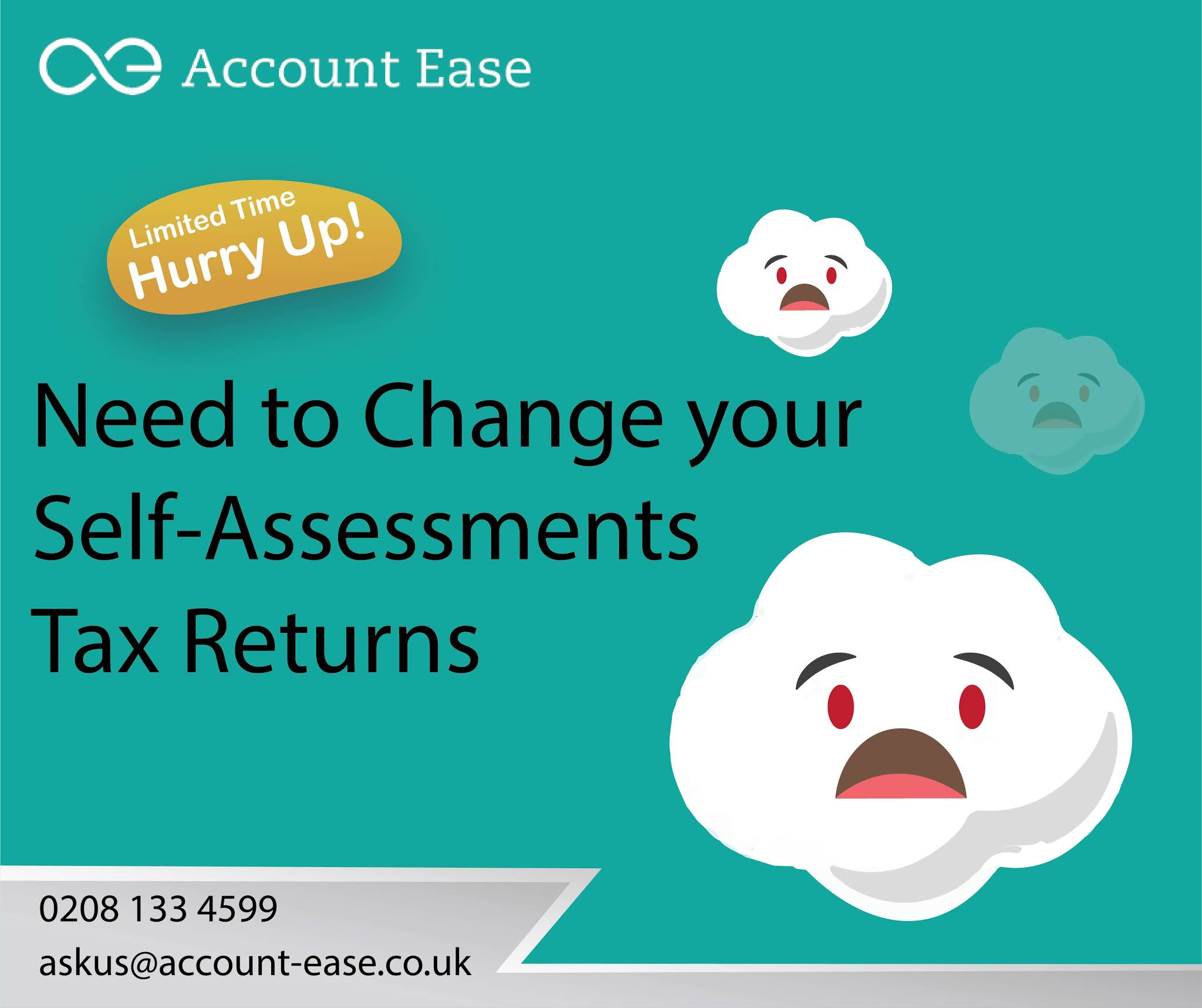VAT Returns Services in UK
Value added Tax (VAT) is associate degree taxation, a
type of withdrawal to the state budget of a locality useful side, that is made
the least bit stages of the assembly method of products, works and services and
is introduced to the budget because it is complete.
The amount of tax owed to the budget is outlined in UK
legislation because the distinction between the number of tax calculated at the
established rate from the assets, determined in accordance with the provisions
of the legislation, and also the quantity of tax deductions (that is, the
number of tax paid once buying product, works, services utilized in the
activities of an organization subject to VAT).
The tax is calculated separately for each of the
applicable rates. VAT paid on the purchase of goods, works, services that are
not subject to taxation is not deducted.
VAT Manipulation:
Also, value added tax is imposed on:
· free
transfer of goods (performance of work, provision of services);
· transfer
on the territory of the UK Federation of goods (performance of work, provision
of services) for their own needs, the costs of which are not deducted when
calculating corporate income tax;
· construction
and installation work for own consumption;
· import
of goods into the customs territory of the UK Federation (import).
Time period of VAT:
You normally present a VAT Return to HM Revenue and
Customs (HMRC) every 3months. This timeframe is known as your 'bookkeeping
period.'
The VAT Return records things for the bookkeeping time
frame like:
· your
absolute deals and buys
· the
measure of VAT you owe
· the
measure of VAT you can recover
· what
your VAT discount from HMRC is
· You
should present a VAT Return regardless of whether you have no VAT to pay or
recover.
Deadlines:
The cutoff time for presenting the return on the web
and paying HMRC are normally the equivalent - 1 schedule month and 7 days after
the finish of a bookkeeping period. You need to permit time for the installment
to arrive at HMRC's records.
Exceptions in Deadline:
The cutoff times are unique if, for instance, you
utilize the VAT Annual Accounting Scheme.
Payment of VAT:
You should pay VAT to HMRC electronically, for
instance through direct charge or web banking. Most organizations are not
permitted to pay with a money order.
Contact HMRC in the event that you can't cover your
VAT bill.



.jpg)
Comments
Post a Comment